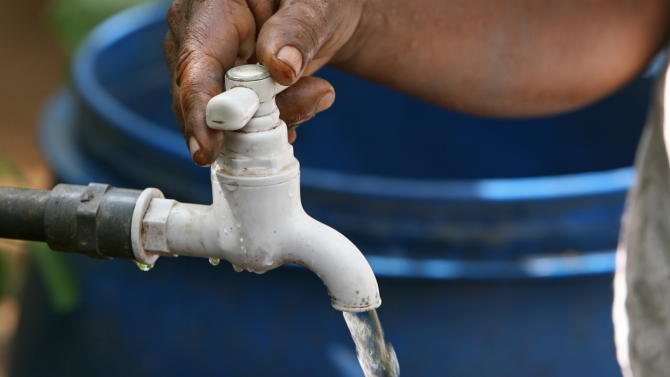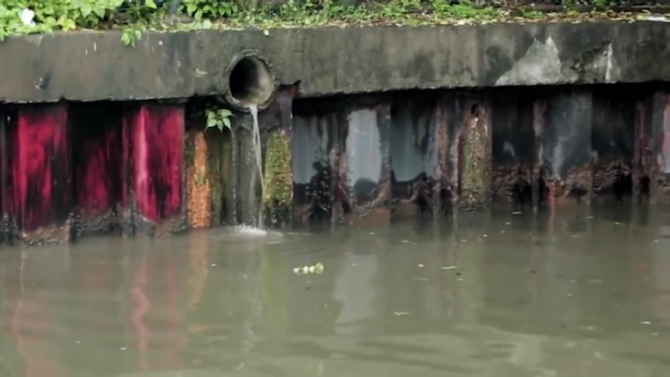Meeting Sri Lanka’s rapidly increasing water and sanitation needs will require a comprehensive national policy capable of managing institutional coordination, improve planning, and attract investment to benefit millions of people. Sri Lanka is on track to meet its Sustainable Development Goal (SDG) of providing basic access to clean drinking water and sanitation but Sri Lanka will have to focus on safely managed access. (SDG 6.2) Especially, in the coming decades with the growing urbanisation, pollution, climate change and budgetary constraints compounded with the impact of COVID-19.
According to the Sri Lanka Demographic Health Survey (DHS), 90% of households have access to safe drinking water and sanitation coverage. However, there are strong spatial differences with only 36% of people having access to piped water and 2% to piped sewerage. Coverage also largely benefits urban populations with 57% of households in the estate sector not having access to improved water sources. In Nuwara Eliya, a district hosting a substantial share of the estate population, access to clean water stands at 54%. In contrast, Colombo has an access rate of 99.9%.
“To bridge decades of uneven progress and link water access with improved sanitation Sri Lanka needs an all-encompassing government policy. A data-led policy approach would establish specific goals, streamline service delivery, improve funding opportunities, embed climate resilience and support larger development targets,” said World Bank Senior Economist George Joseph.
Policies can also be used to address various water supply and sanitation issues, the risk of water degradation due to natural disasters, deficient agriculture practices and pollution from agrochemicals and industrial waste. Sri Lanka suffers from water degradation due to development activities, recurrent natural disasters, such as floods, droughts, and landslides.
By adopting an overarching water sector policy and plan that includes sanitation, Sri Lanka can establish phased long-term targets (for example, till 2023, 2027 and 2030), in line with SDGs, which should be made available and integrated into the annual budgets of line ministries. Performance against each of these can be reported on a yearly basis to track progress. Such a policy would buffer against administrative changes and be carried forward centred on national interest.
An apex institution able to coordinate across central government and other government bodies as well as community-based water projects can lead implementation. The presence of such a central institution can provide policy direction, guidelines, and oversight, as well as act as a repository of data and information on the overall water sector. Increasing capacities and reassessing the responsibilities of existing institutions would also clarify functions, improve efficiency, and realign priorities between agriculture and other water needs.
Master plans for water and sanitation should be factored into larger urbanisation plans of the government to identify bottlenecks and improve scalability.


